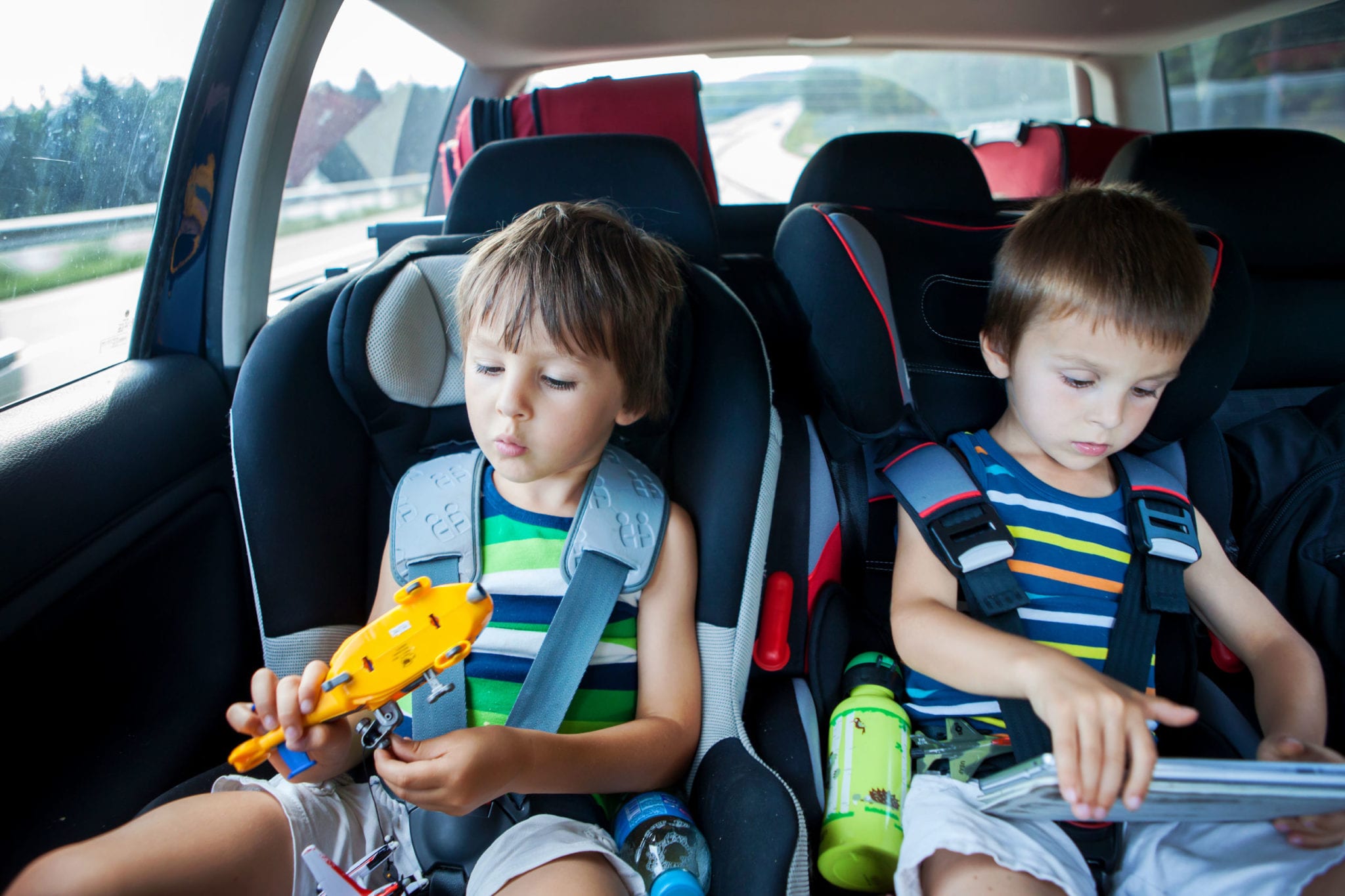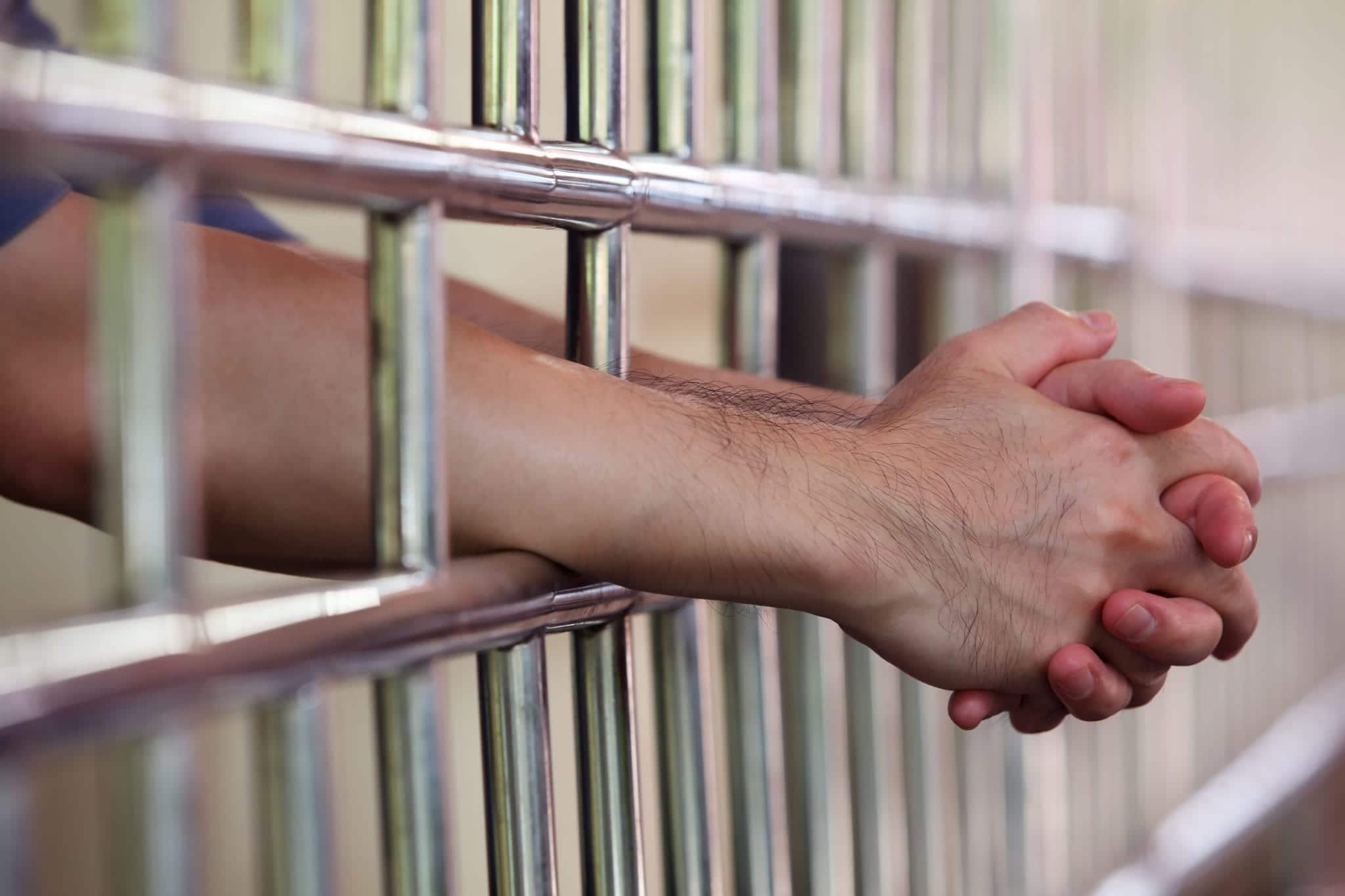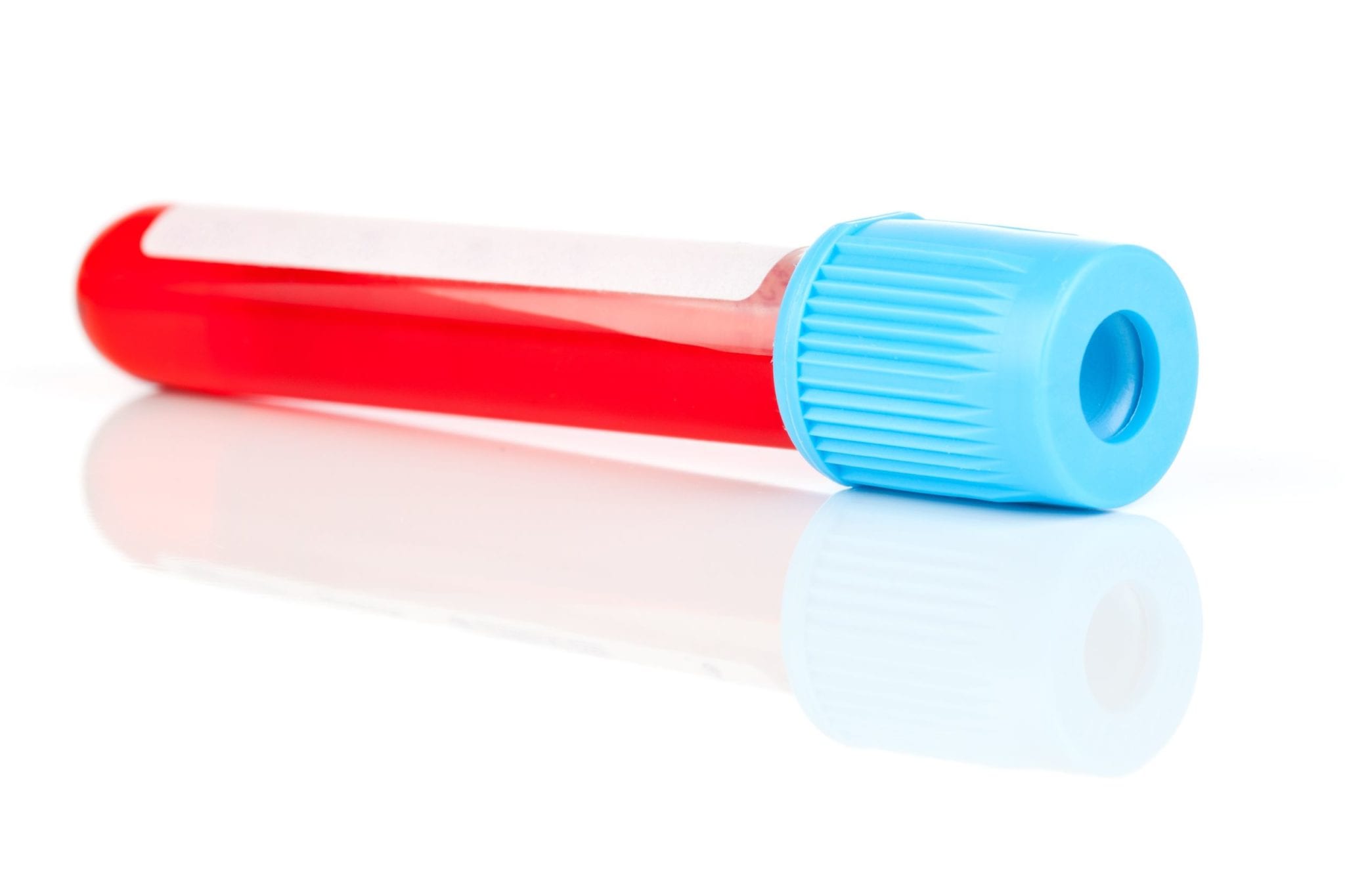
Driving under the influence is a serious offense in Minnesota regardless of the specifics of the situation, but some DWI cases are treated more severely than others. One big aggravating factor is having a child in the car with you when you are arrested for DWI.
Why?
Because driving alone or with other adults isn’t considered as dangerous as driving with a minor who may not be able to recognize when they are in a dangerous situation. If you are caught driving under the influence in the presence of a child, you may face additional penalties.
Base Penalties for DWI in Minnesota
Before we discuss aggravating factors, let’s look at the base penalties for DWI in Minnesota.
There are four degrees of DWI that you can be charged with. First degree DWI is the most serious, and fourth degree is the least.
The penalties for a fourth degree DWI include:
- Up to 90 days in jail
- Up to $1,000 in fines
- Up to 30 or 90 days with limited or no driving privileges
The limits on your driver’s license will depend on a few factors. If, for example, you plead guilty to a DWI, you may only have a limited license for up to 30 days. The use of an interlock ignition device will also give you more privileges, but this comes with extra fees.
These penalties can affect your ability to hold your job or get around town. Even a misdemeanor like fourth degree DWI can dirty up a once clean criminal record. Aggravating factors, including having a child in your car, make things worse.
Penalties for Having a Child in Your Car While Driving Under the Influence
Each state treats this aggravating factor differently. Having a child in the car while driving recklessly may be considered child endangerment, so this is taken very seriously in DUI and DWI cases throughout the country.
Minnesota considers a “child” to be a minor that is under the age of 16. This child will only be considered an aggravating factor if they are more than 36 months younger than the driver.
In other words, a 20-year old driver will face additional penalties if they have a 14-year old sibling in the vehicle, but a 17-year old driver will not face additional penalties if they have a 15-year old friend in the car.
If there are multiple children present, the prosecutors will consider this to be a single aggravating factor. Put plainly, multiple child passengers do not count as multiple aggravating factors.
How specifically are penalties impacted?
A single aggravating factor will increase fourth degree DWI charges to third degree DWI charges. Penalties for a DWI in the third degree in Minnesota include:

- Up to a year behind bars
- Up to $3,000 in fines
- License revocation for at least two years
As you can see, the difference in penalties is quite large – it’s a big leap from three months to one year behind bars. Worse, these penalties continue to increase if other aggravating factors are present.
Other Aggravating Factors in Minnesota DWI Cases
Naturally, the presence of children is not the only thing that prosecutors consider when pressing charges. The following factors can also play a part in the charges and penalties you face for driving under the influence:
A high BAC
It takes a BAC of .08 to be charged with DWI. However, if your BAC reaches .16, you will face additional penalties.
Past offenses
A first DWI can often be credited to a mistake. Maybe you didn’t know how impaired you really were behind the wheel. Maybe you didn’t think you’d get caught.
Everyone makes mistakes, but the penalties for DWI (or even just the threat of these penalties) is often enough to straighten people up and prevent future DWIs. Multiple convictions are taken more seriously, as the defendant continues to put themselves and others at risk.
If you face a fourth DWI conviction in 10 years, the charges increase dramatically. Rather than a misdemeanor charge, you will face felony DWI charges. Felony DWI could put you in jail for over a year and increase license revocation to up to four years. Having a felony on your record places restrictions on your rights due to both state and federal laws.
Bodily harm
DWI increases your chances of getting into an accident and causing harm to yourself or another person. If you do cause bodily harm to another person because you were driving under the influence, you will face a third or second degree DWI charge. If you cause substantial bodily harm to another person, you may face felony DWI charges.

Refusal to take a chemical test
When you are arrested, you have the right to remain silent. Driving in Minnesota doesn’t give you the right to refuse a chemical test if you are arrested for DWI, though. Test refusal is an aggravating factor, and you will face a minimum of third degree DWI charges if you are found to be under the influence.
Each DWI case is different, but they all require an aggressive defense. Start fighting back today to avoid the penalties of a DWI conviction in Minnesota.
About the Author:
Christopher Keyser is a Minneapolis-based criminal and DWI defense attorney known for fighting aggressively for his clients and utilizing innovative tactics to get the most positive results. He has been featured in numerous media outlets due to the breadth and depth of his knowledge, and recognized as a Minnesota Super Lawyers Rising Star (2014–2015), a Top 100 Trial Lawyer (2013–2015), and a Top 40 Under 40 Attorney (2013–2015).





